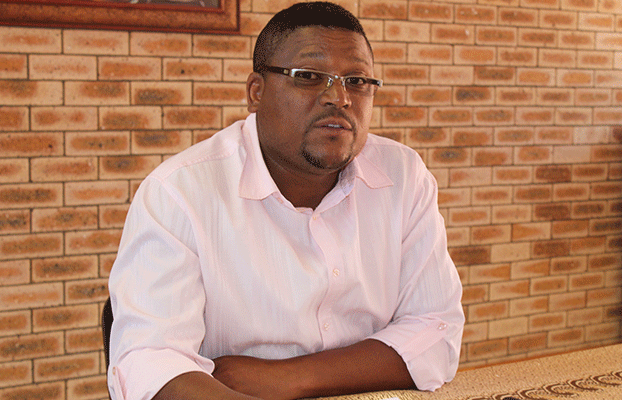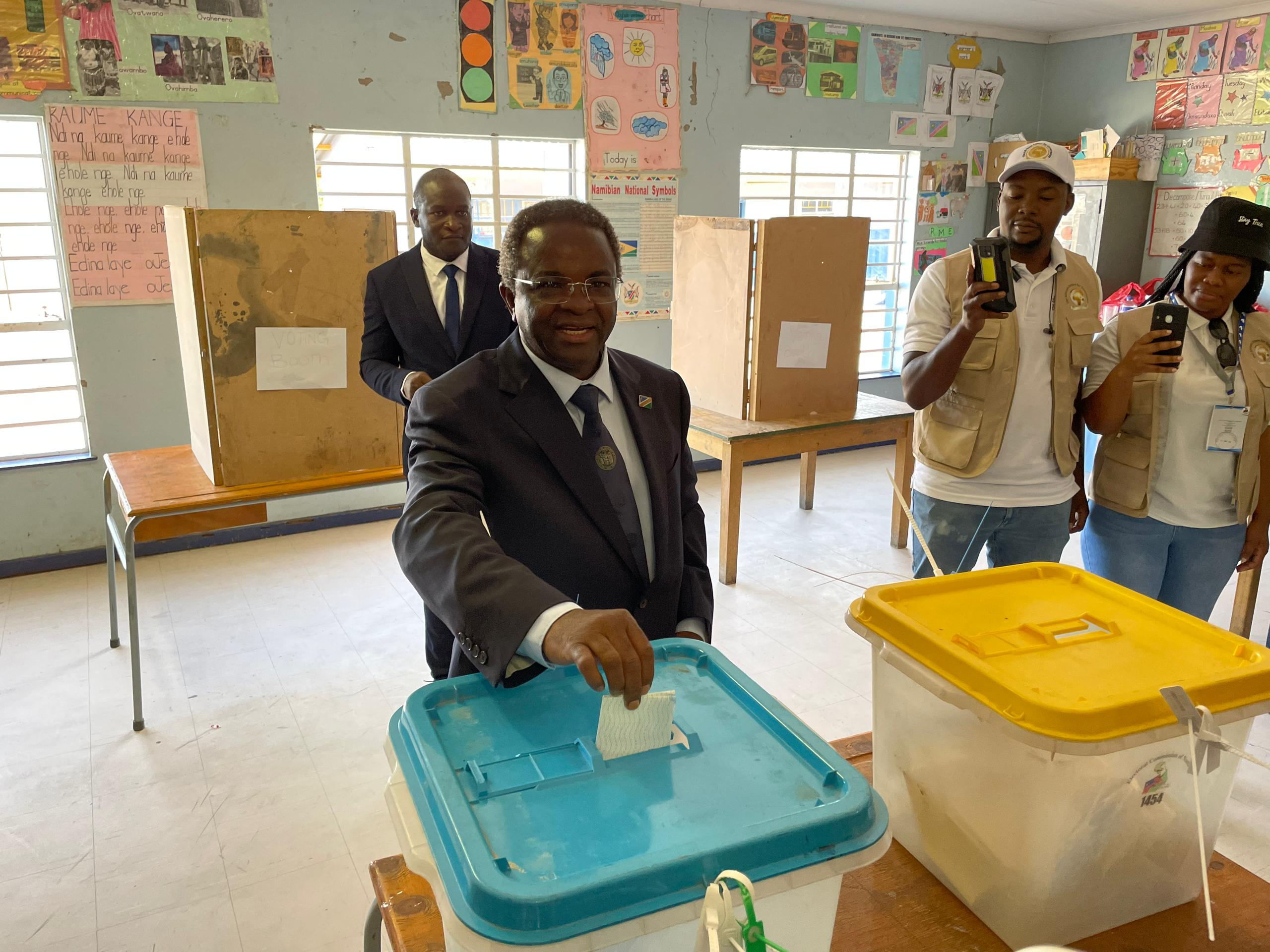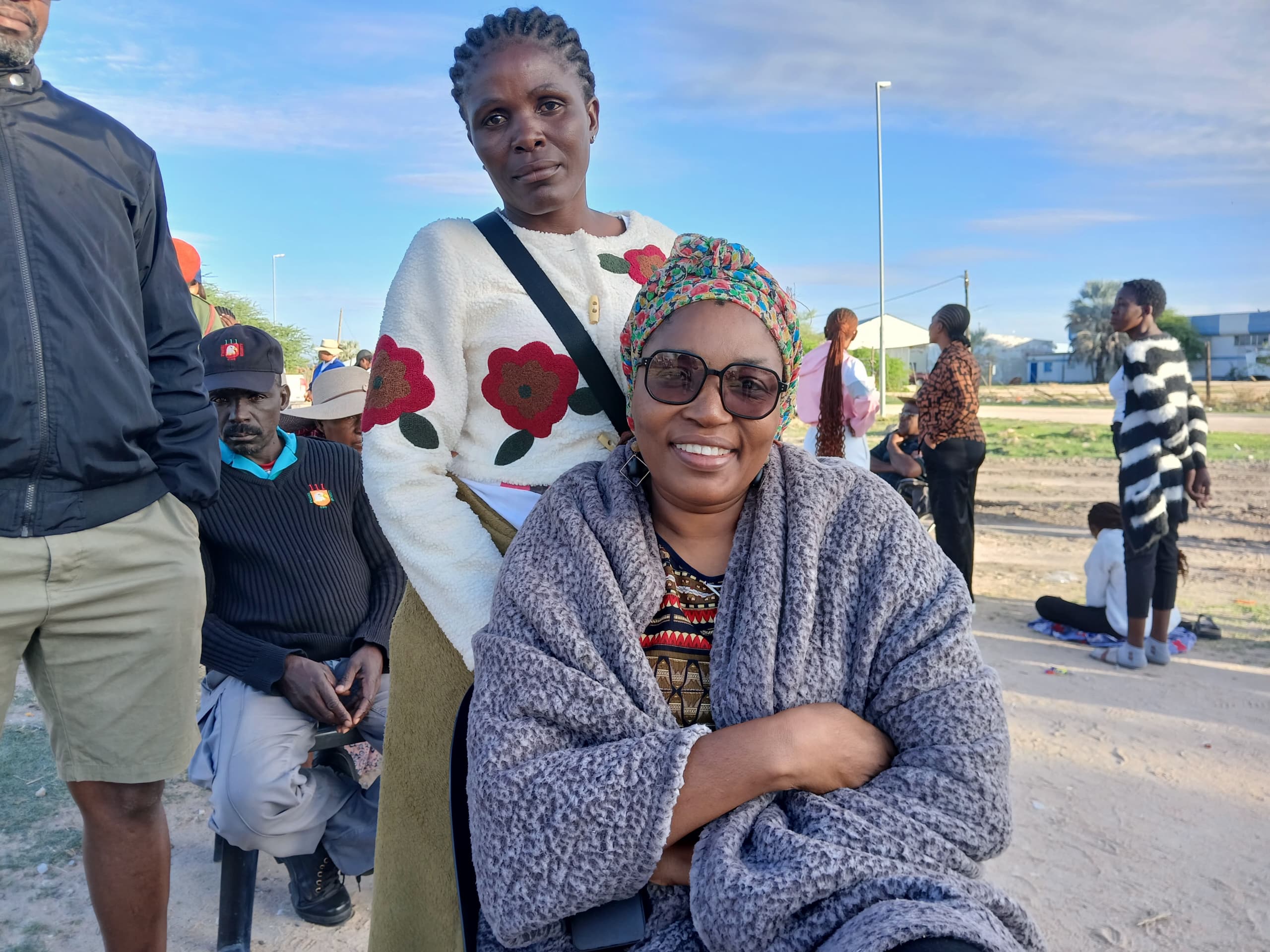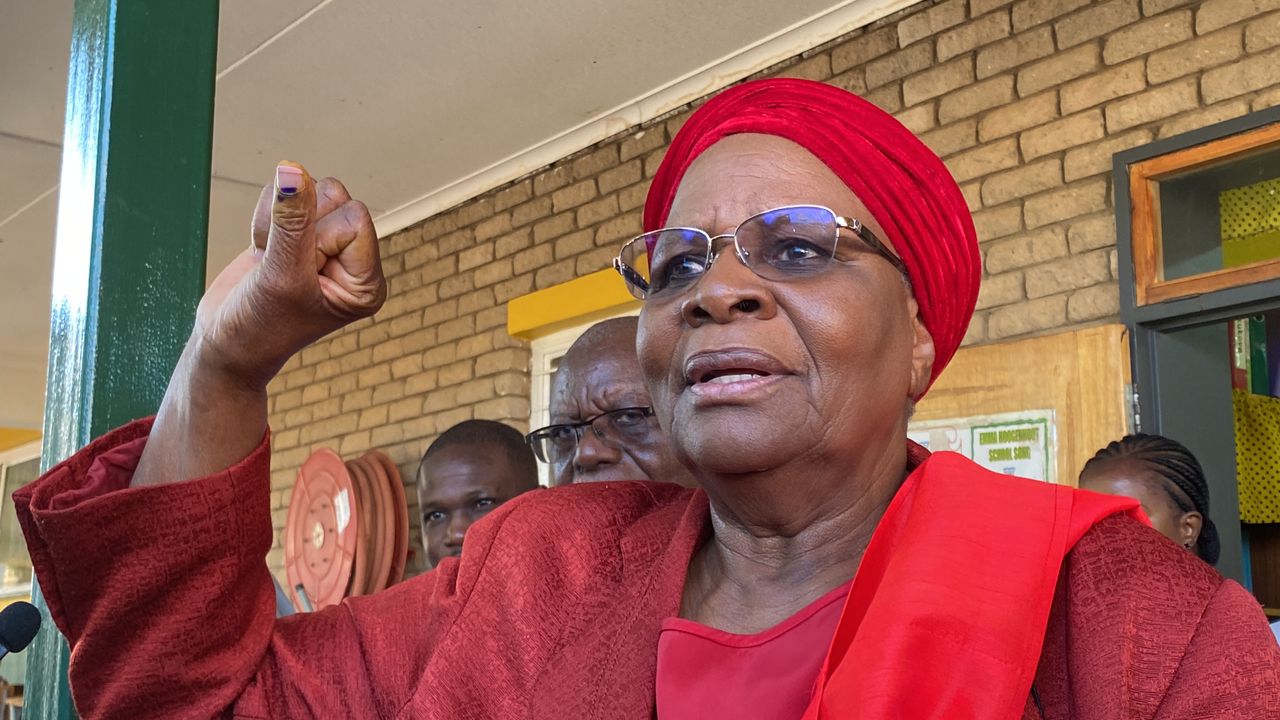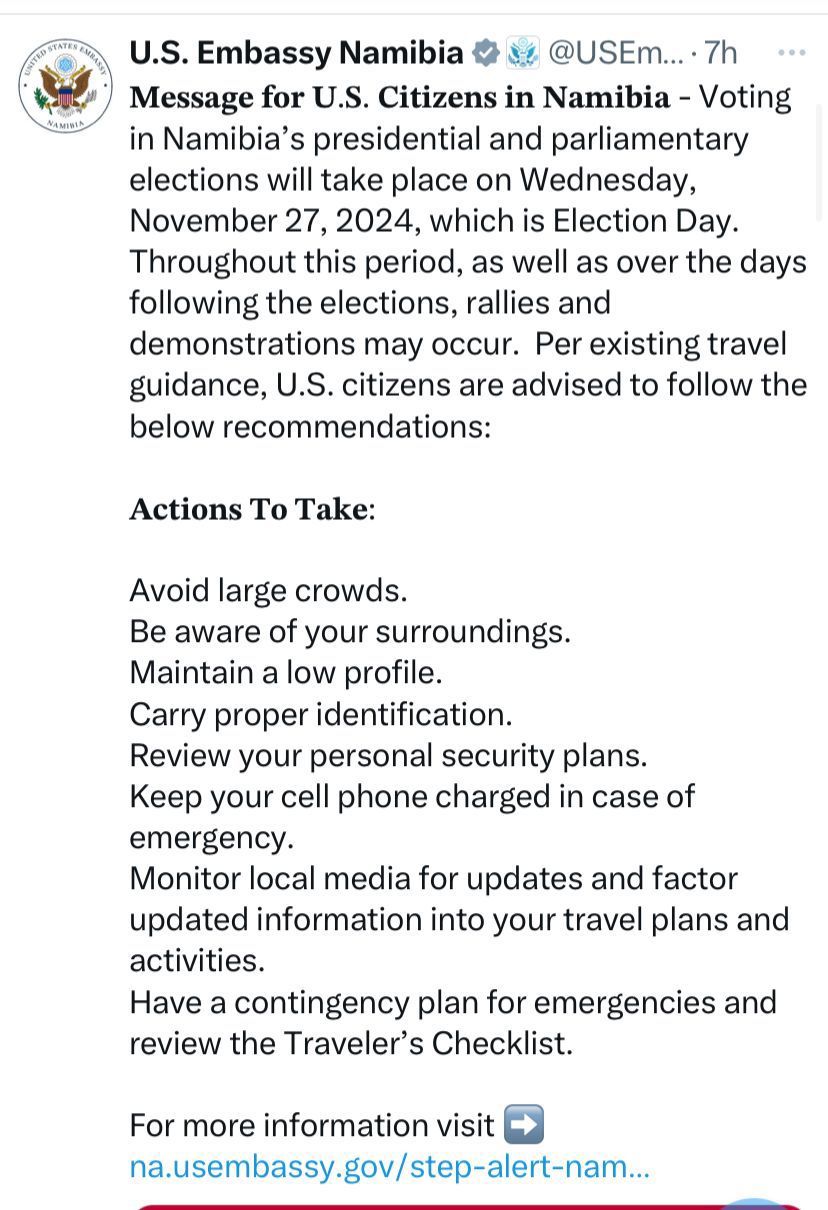THE Teachers Union of Namibia (TUN) yesterday said the cuts initiated by the Office of the Prime Minister should not affect the education and health sectors.
This comes after Prime Minister Saara Kuugongelwa-Amadhila last week introduced new ways to reduce the cost of running the public service for the next three years.
The new measures include limiting foreign travels to two trips a year for civil servants, controlling the abuse of state vehicles, rooting out ghost workers and reducing wastage by using emails instead of paper.
Mahongora Kavihuha, the secretary general of TUN, said at a press conference yesterday that the union is appreciative of the efforts by government to reduce costs, but questioned “the intention of making the administrative directive effective and efficient”.
They also raised the issue of several grievances that were submitted to the education permanent secretary last year, but still have not been addressed.
Some of the complaints include pleading with the Ministry of Education, Arts and Culture to redeploy school inspectors and subject advisers who have school management experience to project schools, or to schools which currently do not have principals.
Other advisers who do not have management experience should be assigned to teach at schools while the country recovers, the union proposed.
“After the recovery, the ministry could go back to their wasteful behaviour of having structures which do not add any value to education, such as those,” Kavihuha stressed.
TUN also requested clarity on management leave days taken. Teachers are requested to give evidence of all leave days that they want to take, and staff members are also requested to make arrangements when taking leave.
“The teachers across the country, especially in primary schools, are required to bring a person who will stand in for them when they are on leave, and this person is paid out of their pocket,” he stated.
The teachers pay the stand-ins an average of N$100 to N$150 per day. The stand-ins are not qualified teachers, but are family members or friends of these teachers.
Kavihuha added that any internal arrangements made by the school must be in line with the national policies and laws, and teachers are not appointing authorities in the public service.
He furthermore raised concerns about several secondary schools across the country which have not been paid for the marking of examinations in 2017.
“Those who have marked the examinations have not been paid, but the examination results have been released,” Kavihuha said.
Stay informed with The Namibian – your source for credible journalism. Get in-depth reporting and opinions for
only N$85 a month. Invest in journalism, invest in democracy –
Subscribe Now!


